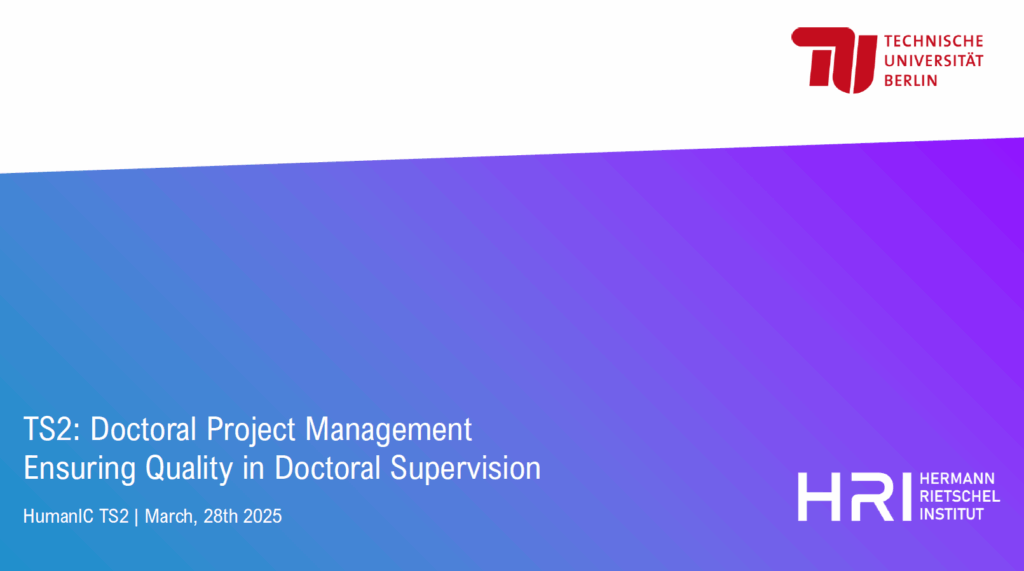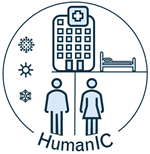This presentation explores how to maintain high standards in doctoral supervision, ensure research quality, and balance the demands of research projects with PhD progress. It draws on best practices from Technische Universität Berlin and introduces tools for effective supervision and project alignment.
Key Objectives:
- Define what constitutes doctoral-worthy content.
- Present effective supervision strategies.
- Discuss the implementation of quality guidelines across institutions.
- Share insights from real research projects to illustrate challenges and solutions.
What Makes a Doctoral Thesis “Doctoral-Worthy”?
At TU Berlin’s Hermann-Rietschel-Institut (HRI), doctoral-level work must: Generate new knowledge, methods, or insights – not just conduct standard research. Be independently conceived, planned, and executed. Yield results that are universally valid and practically applicable.
Examples were drawn from the EnEff: OP-Luft project, exploring energy-efficient ventilation in operating rooms, emphasizing the complexity of balancing technical performance and real-world applicability.
Effective Supervision Strategies:
- Stay on the PhD Track: Use tools like the Eisenhower Matrix and Pareto Principle (80/20) to focus on high-impact activities directly related to PhD goals. Define research questions and hypotheses early. Differentiate between project work and doctoral work.
- Supervisory Support Across PhD Phases: Topic Development: Identify research gaps and doctoral-level challenges. Execution: Maintain close guidance, structured planning, and ongoing progress checks. Finalization: Focus on generalization of findings and publication.
- Guiding Principle: “The ability to independently develop research ideas, formulate hypotheses, plan and conduct experiments, and generalize the results.”
- From Strategy to Practice: The session proposed developing a joint guideline for doctoral supervision across HumanIC institutions. Emphasis on maintaining clarity, practical structure, and shared expectations between supervisors and candidates.
Conclusion: Effective doctoral supervision is not just about managing projects, but about mentoring independent researchers. With close collaboration, structured tools, and consistent quality standards, supervisors can guide PhD candidates through a successful and meaningful research journey.



